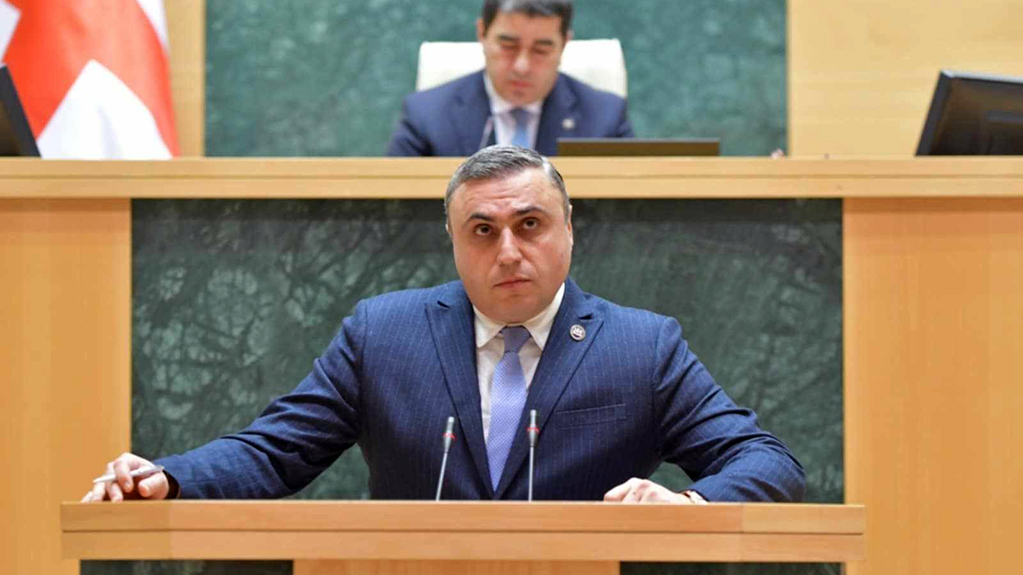The illegitimate parliament, in its third and final reading, adopted amendments to the Law on Public Service with 79 votes. These amendments address issues related to reorganization in public institutions and the evaluations prepared by an employee's immediate supervisor.
News
Trending stories
- 1 Former Prime Minister Garibashvili Sentenced to Five Years in Prison After Plea Deal
- 2 Otar Partskhaladze Charged with Organizing Murder of Businessman Levan Jangveladze
- 3 Shalva Papuashvili Says Georgian Dream Filed Complaint with BBC
- 4 Georgian Dream Party Further Tightens Grants Law, Introducing Up to 6 Years in Prison
Georgian Dream member David Matikashvili stated that several changes were made to the draft law following its first reading.
"The possibility of initiating reorganization is no longer defined as assigning a specific function to an employee or removing a particular function from their duties. Misinterpretations arose from a specific provision in the initial draft, which suggested that a competition announced as part of a reorganization would automatically lead to employee dismissals. To clarify and make the relevant article more predictable, we introduced an amendment stipulating that reorganization does not automatically result in the termination of employment in any form. Instead, the competition held after the reorganization will determine who remains employed," explained David Matikashvili.
Additionally, significant changes have been introduced concerning the protection of public officers' rights. Specifically, if a person dismissed due to the reorganization of a public institution successfully contests their dismissal, the resolution of their complaint or claim will not result in their reinstatement in public service. Instead, they will receive a fixed official salary as compensation for three months, and with their consent, they will also be enrolled in the civil service reserve.
Furthermore, it will no longer be possible to transfer an affected official to a position equivalent to their prior role within the same or another public institution in cases of staff reductions caused by reorganization. If such a position is unavailable, they cannot be reassigned to a lower position, even if it aligns with their qualifications.
Another notable change concerns the status of heads and deputies of primary structural units, who will now be employed under administrative agreements. The term of these agreements will not exceed the term of office of the head of the respective institution. According to David Matikashvili, these individuals will retain the same salary rate they had before transitioning to administrative agreements.
The revised draft law also includes amendments to the evaluation process for public officers:
- Public institutions will be required to evaluate all public officers holding hierarchical positions every six months, instead of annually as stipulated in the current law.
- The head of a public institution will now have one month, rather than three months, to amend an official's evaluation results.
- Officials receiving unsatisfactory evaluations will have 20% of their official salary withheld until their next evaluation period.
The illegitimate parliament considered and adopted these amendments to the Law on Civil Service through an expedited procedure.















